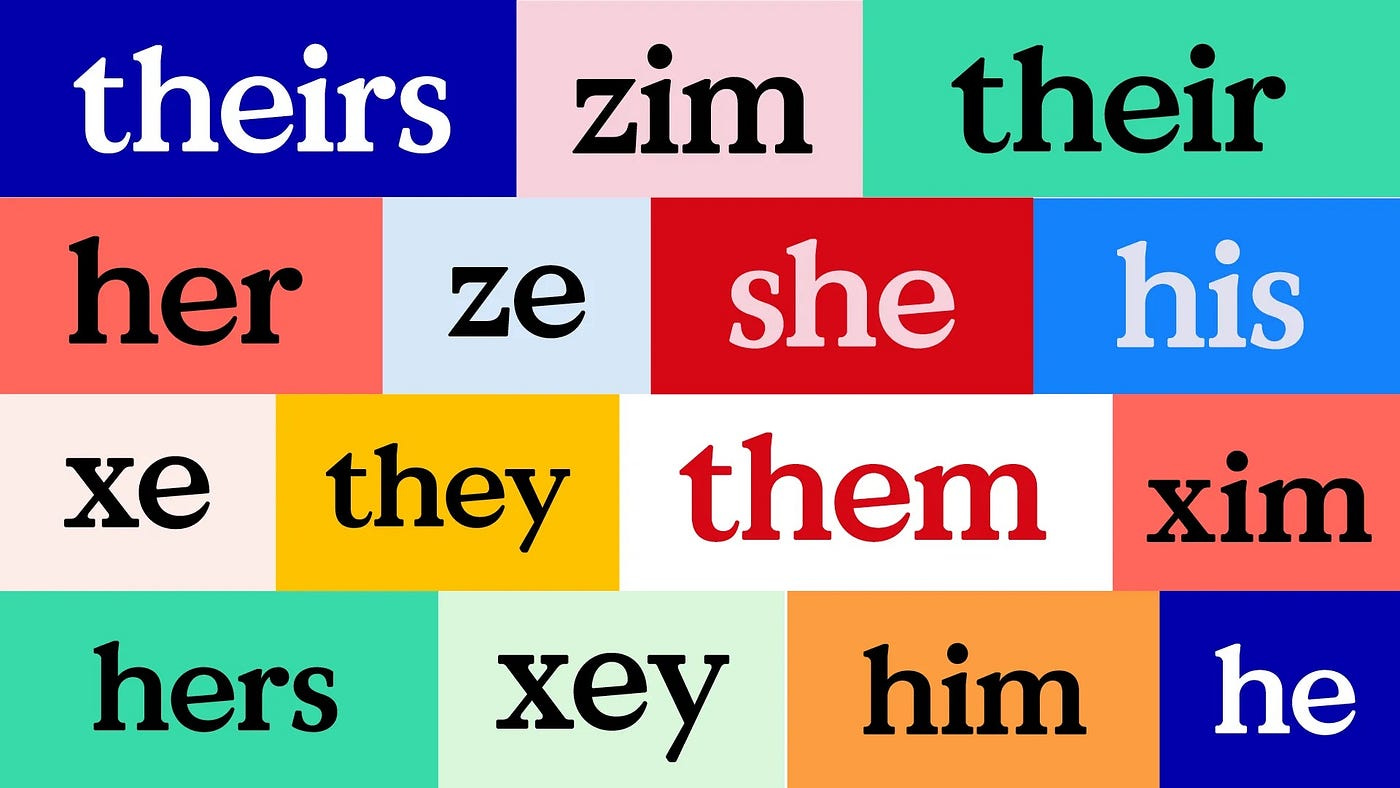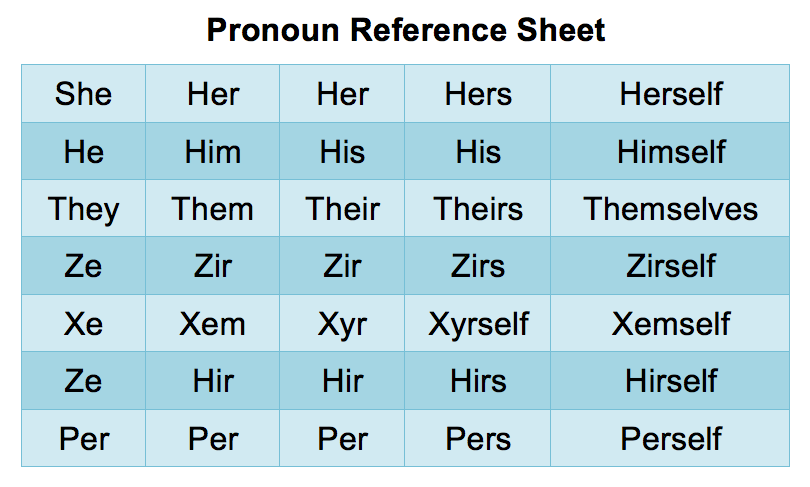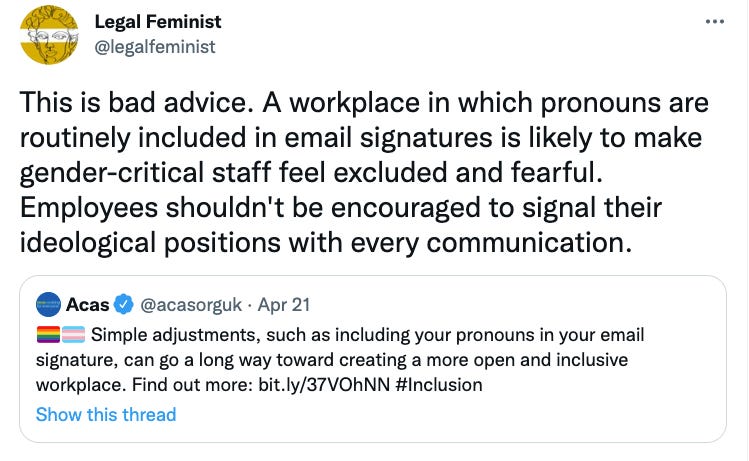The Erosion of Language
A Few Quick Thoughts on Information Theory, Complexity Theory, and the Assault on Meaning
Language is the bedrock of human civilization, a sophisticated system developed over millennia to communicate complex ideas, emotions, and realities. In the vast timeline of human existence, words have evolved to encapsulate our collective experiences, and the precision of language has been essential for progress. However, we now face an unprecedented assault on linguistic clarity, driven by a faction demanding the creation of new words to validate subjective identities. This phenomenon not only distorts reality but also undermines the very foundations of communication and understanding.
Information Theory and the Integrity of Language
Information theory, pioneered by Claude Shannon, underscores the importance of clear and unambiguous communication. The efficiency of information transfer hinges on the sender and receiver sharing a common understanding of the symbols used.
When language is continuously redefined to accommodate new, often obscure identities, the noise in the communication channel increases, leading to misunderstandings and confusion. The introduction of terms like "ze" and "zir" adds unnecessary complexity, diluting the potency of our linguistic tools and obstructing meaningful discourse.
Complexity Theory and Societal Stability
Complexity theory examines how systems adapt and evolve. Societal structures, including language, have developed through an intricate balance of stability and change. Sudden, radical shifts in linguistic norms can destabilize this balance.
Historically, language has evolved gradually, reflecting organic changes in culture and society. The current trend of imposing new terminologies disrupts this natural progression, creating a chaotic landscape where foundational truths are questioned, and social cohesion is threatened.
The Narcissism of New Pronouns
The insistence on new pronouns and identities reflects a profound narcissism. For thousands of years, humanity has navigated existence with a relatively stable lexicon. The ancient Greeks, whose philosophical contributions underpin much of Western thought, managed to discuss identity, ethics, and society without the need for a myriad of self-referential terms. The sudden surge in demand for bespoke pronouns suggests an inflated sense of self-importance, expecting the world to contort itself to accommodate individual whims. This is not progress; it is a regression into solipsism.
The Blip of Human Existence
In the grand timeline of the universe, human existence is but a fleeting moment. To claim that our current understanding of identity necessitates a complete overhaul of language is both arrogant and myopic. It ignores the collective wisdom encoded in our linguistic heritage and the practical need for shared meaning. Language should reflect reality, not bend to fit subjective narratives that fragment society.
Consider the example of scientific terminology. In science, precision in language is paramount. Terms are defined clearly and used consistently to ensure accurate communication of ideas. Imagine if scientists began to redefine established terms based on personal interpretations. The chaos and confusion that would ensue mirror what we are witnessing in the broader societal context with the introduction of new pronouns and identities.
A thought experiment: Picture a society where every individual has their unique set of pronouns. Communication would become a labyrinthine exercise, with every interaction requiring mental gymnastics of remembering and applying each person’s specific terms. The efficiency and clarity of language would be obliterated, leading to a breakdown in social interactions and coherence.
The Path Forward
We must resist the erosion of language by reaffirming the importance of words as carriers of shared meaning. The imposition of new, arbitrary terms undermines our ability to communicate effectively and cohesively. Instead of capitulating to demands that distort reality, we should champion clarity, reason, and the integrity of language. By doing so, we honor the profound legacy of human communication and ensure that it continues to serve as a bridge, not a barrier, in our shared journey.






No way you're not related to Dr. Larry Arnn.
I enjoyed reading this.
"In science, precision in language is paramount." Art too, you might say. See the Imagist poetry movement: https://substack.com/home/post/p-59921521
"The imagist manifesto’s first rule was thus: 'To use the language of common speech, but to employ the exact word, not the nearly-exact, nor the merely decorative word.' This rule makes a critical exception: There is only the right word. Being nearly-exact falls short of the movement."